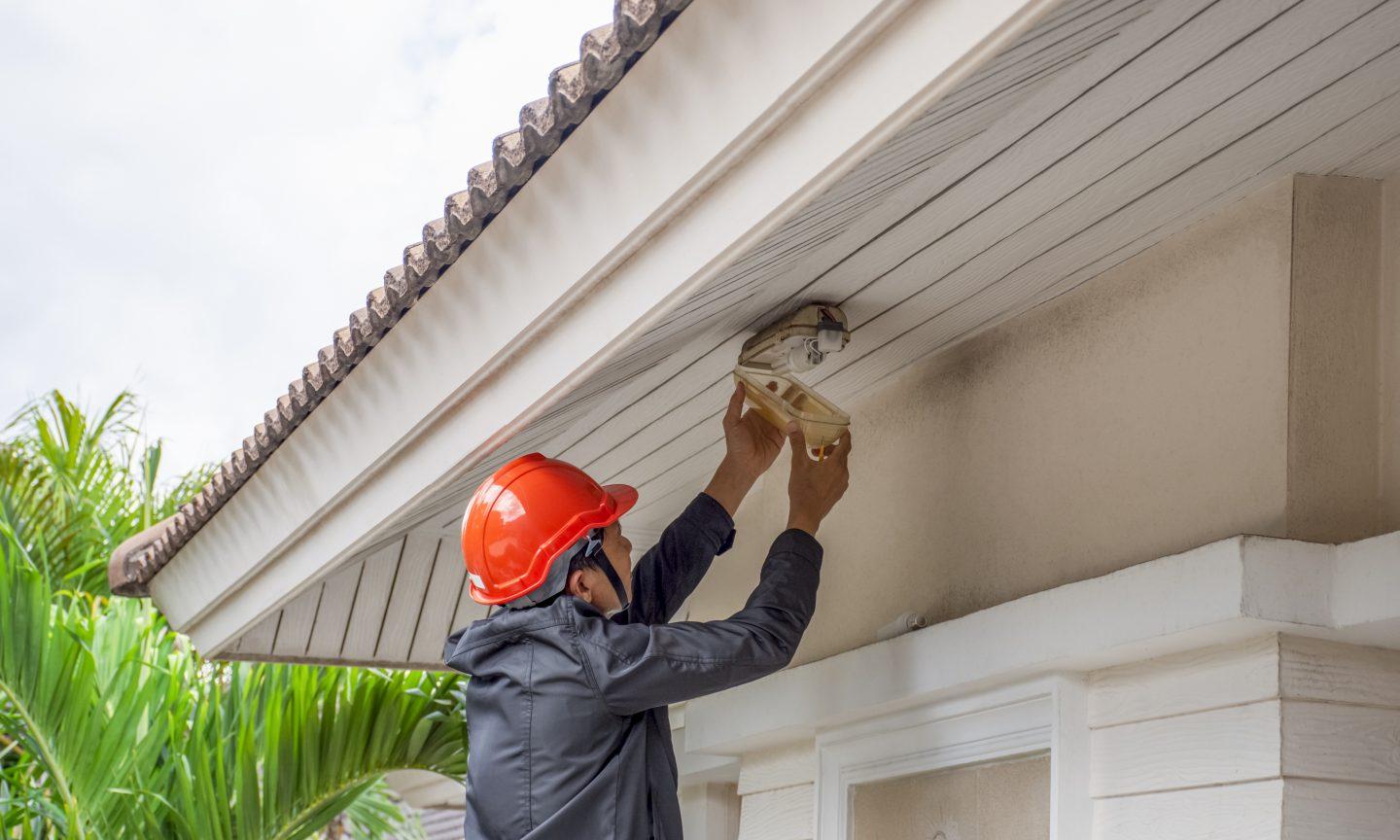A home equity line of credit, or HELOC, is a type of mortgage in which you borrow against your equity in your home. It's a revolving credit line, like a credit card. You may borrow up to your limit, repay some or all of the balance, and then borrow again up to your limit. After a specified number of years, this "draw period" ends and the repayment period begins, in which you pay off the principal and interest. The draw period usually lasts 10 years, and the repayment period often lasts 20 years.
You may spend the money borrowed from a HELOC on just about anything. Financial planners like to say that it's best to use a HELOC for spending that maintains or increases your home's value. But there are defensible, though less traditional, ways to use a HELOC, as well as ways that are seldom recommended.
Customary reason for a HELOC: Renovations
A HELOC is an excellent source of money to pay for renovations that are tackled in stages over time. It's suitable for long-running home projects because it allows you to borrow money as you need it and to pay interest only on money that has been spent. In contrast, a home equity loan gives you money in a lump sum, so it's useful for a one-time expense such as a roof replacement. You pay interest on the full balance from the beginning, regardless of whether you have spent it.
Interest on a HELOC may be tax deductible if you use the funds for home renovations — but consult a tax advisor to ensure you qualify.
Less common ways to use a HELOC
Interest rates on home equity lines of credit are often lower than on other kinds of consumer debt. The rates on HELOCs are lower because lenders can foreclose on your home if you fail to repay the debt. To put it another way: You pay a lower interest rate on a HELOC because you take a risk. With an unsecured loan, the lender takes more risk.
You can make a case for accessing a HELOC in the following situations. But you also might prefer to stick the lender with the risk rather than putting your home on the line.
To use as an emergency fund
You're encouraged to amass an emergency fund to pay for big, unexpected expenses such as medical bills, major car repairs and unemployment. But after you have exhausted your non-retirement savings, a HELOC might work in a pinch.
Taking out a personal loan may be a better option because an unsecured loan doesn't use your home as collateral.
If you want to use a HELOC as a hedge against unemployment, you'll need to open an account while you have a job, because you'll need to document current income to qualify for a loan.
To pay for college
Many parents of college students can take out parent PLUS loans. But if you and your child aren't eligible for federal student aid, you could borrow from a HELOC to meet college expenses. Or a HELOC might offer lower interest rates and fees than a parent PLUS loan.
Keep in mind that you risk foreclosure if you can't pay the balance on a HELOC, whereas your home is not on the line with a parent PLUS loan.
To consolidate debt
It's tempting to use a HELOC to pay off credit cards and other debt with higher interest rates. But you should do this only if you can stick to your plan to pay off the debt within three years — without charging up your credit cards again.
If you do not repay your credit card balances, your credit score will take a beating but the card company can't take away your house. But if you pay off your credit card balances with a HELOC and then fail to make the payments on your home equity line, you risk losing your home to foreclosure.
HELOC uses that are seldom recommended
Here are some common HELOC temptations and why they rarely make for a wise financial decision:
-
To pay for a vacation: It's not worth risking your home to pay for a dream vacation. The best way to pay for a vacation is with your savings. There are also travel credit cards and fly now, pay later travel loans.
-
To finance a wedding: If you can't afford to pay for wedding or honeymoon without putting your home on the line, it might be better to scale back.
-
To buy a car or truck: Auto loans are made for this purchase, reflecting a finance term that better suits the useful life of a vehicle. Putting your house up for a purchase guaranteed to rapidly lose value, and probably ending up paying for a vehicle long after it’s been retired, makes little sense.
-
To start a business: This is a high-risk proposition at best, even without putting your home on the line.





